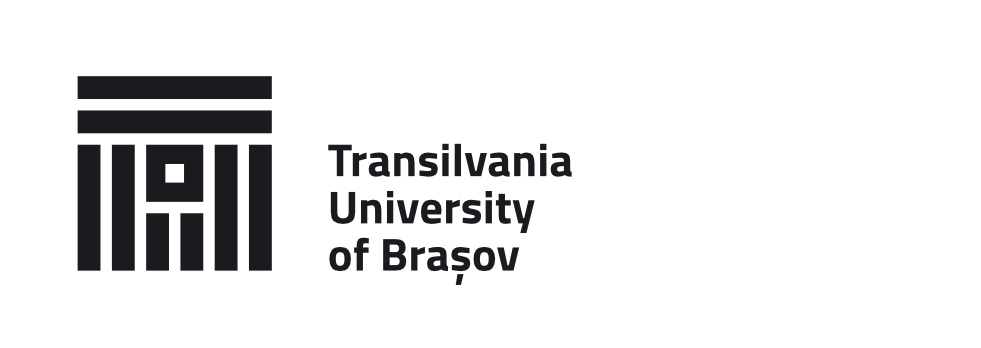|
|
DSpace at Transilvania University >
Revista Diacronia >
Numărul 1 >
Please use this identifier to cite or link to this item:
http://hdl.handle.net/123456789/1801
|
| Title: | Note despre redarea unui pasaj evanghelic controversat în limba română (Mt, 19, 24) |
| Other Titles: | Notes on the reproduction of a controversial evangelical passage in Romanian (Mt, 19, 24) |
| Authors: | Chirilă, Adina |
| Issue Date: | 13-Jan-2015 |
| Publisher: | Diacronia |
| Citation: | Chirilă, A. (2015). Note despre redarea unui pasaj evanghelic controversat în limba română (Mt, 19, 24), Diacronia 1 (13 ianuarie), A2 (1–17), http://dx.doi.org/10.17684/i1A2ro
Chirilă, A. (2015). Notes on the reproduction of a controversial evangelical passage in Romanian (Mt, 19, 24), Diacronia 1 (January 13), A2 (1–18), http://dx.doi.org/10.17684/i1A2en |
| Series/Report no.: | Diacronia, 1, A2 |
| Abstract: | Cercetarea de față urmărește, din perspectivă diacronică, soluțiile pe care traducătorii și diortositorii români le-au aplicat segmentului biblic din Mt, 19, 24, reluat în Mc, 10, 25 și Lc, 18, 25. Considerînd că aceștia au, cel puțin de la un punct, privilegiul de a se manifesta în circumstanțe ce le favorizează o anumită libertate față de textul-sursă, am căutat să înțelegem, punctual, natura factorilor care îi determină să își asume această libertate și care le orientează opțiunea lingvistică. Investigația a avut în vedere în mod special două tipuri de texte: cel biblic integral (Noul Testament ori Biblia) și textul specific serviciului preoțesc, Evanghelia, în versiunile succesive pe care le-au cunoscut, începînd cu secolul al XVI-lea, pînă în epoca modernă; faptele constatate pun în evidență la cărturarul ce se ocupă de text un comportament ce implică încrederea în cunoștințele anterioare despre conținutul și forma textului prelucrat, critica versiunii ce îi servește ca punct de plecare și actualizarea unor soluții lingvistice oferite de surse de altă natură decît a textului pe care îl emendează.
The present research follows, from a diachronic perspective, the solutions that Romanian translators and revisers have applied to the biblical passage from Mt, 19, 24, also present in Mk, 10, 25 and Lk, 18, 25. Taking into consideration that they had, at least up to a point, the privilege of expressing themselves in circumstances that allowed a certain freedom compared to the base text, I have searched to clearly understand the nature of the factors that determined them to assume this liberty and what guided their linguistic options. The research has intended to examine two types of texts: the integral biblical one (the New Testament and the Bible) and the text that is specifically used by the clergy, The Gospel, in its successive versions, starting from the 16th century up to the modern era; the observed facts call attention to the scholar who is in charge of the text, who exhibits a behaviour that entails trust in his prior knowledge about the content and form of the fashioned text, a critical assessment of the version that serves as a starting point and the renewal of linguistic solutions offered by sources of a different nature from the rectified text. |
| URI: | http://dx.doi.org/10.17684/i1A2ro
http://dx.doi.org/10.17684/i1A2en |
| ISSN: | 2393-1140 |
| Appears in Collections: | Numărul 1
|
Items in DSpace are protected by copyright, with all rights reserved, unless otherwise indicated.
|

